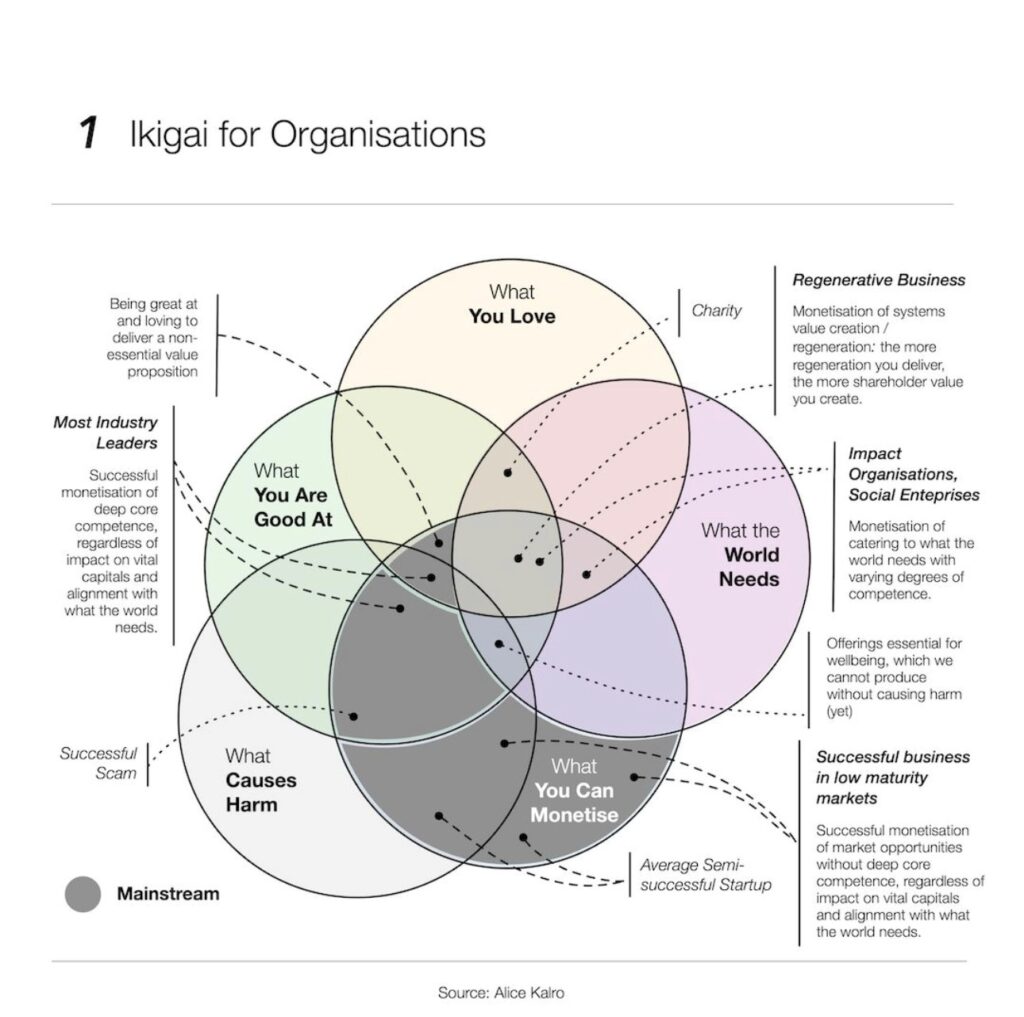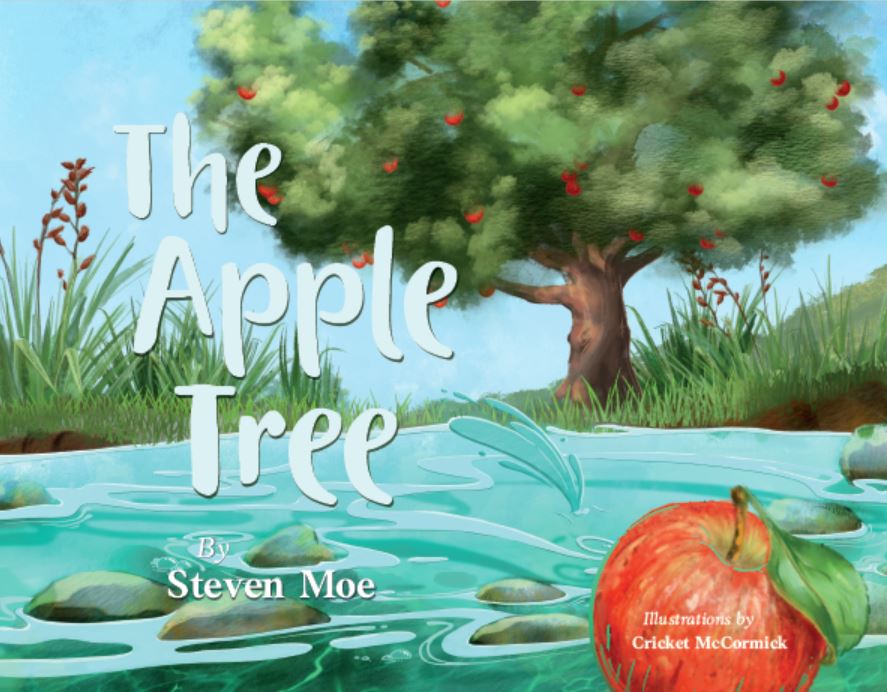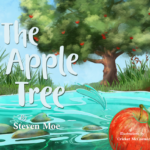Ikigai: Reflections on career and purpose for new grads and students…

I’ve been out working now for 22 years and thought I would share some reflections for new grads and students:
- Find an area you are passionate about and don’t settle for “I’m good at it”. Your impact will be greater and it will be more sustainable if you are operating in the flow of your “ikigai”, a Japanese concept on your reason for being – see the diagram.
- This involves being clear on four things and finding the point in the middle of all of these:
- what you are good at
- what you love
- what the world needs
- what you can be paid for
- To help with this try to imagine what you want to be doing in 10 or 20 years and then work back from there to build strong foundations of expertise in that area, start writing about it and build relationships with key people.
- You are the driver of the car that is your career – grab the responsibility fully as no one will hand you a heaping plate of success, it takes determination – but if you have that serendipity and luck will strike more often.
- seeking “work/life balance” implies work is bad, while life is good. You will spend a lot of time at work so I prefer ‘integration’ – be the same person all the time. Seek to bring creativity and fun to whatever you do and strive for continuous learning.
- if you are stressed take more time for exercise, not less. Watch out for bad drink and food habits, they are subtle, but what goes in your body is key.
- Treat everyone without preference – the person serving you has a story too, and you can unlock it by being curious and asking questions.
- For lawyers, Ken Lord told me recently: “Empathy is the heart of advocacy – you have to really know the client and what they are going through to really act in the best way for them.”
- Being able to work at all is a privilege and ultimately is about relationships so invest in them, seek mentors, help the next generation.
- As a final note, it is worth considering whether the concept of Ikigai may also be applicable to organisations – I came across an intriguing form of the diagram (see below) from Alice Kairo. Think about your organisation and consider – how would this concept work in that context?
Any concepts you would like to share that I can add to this list?






